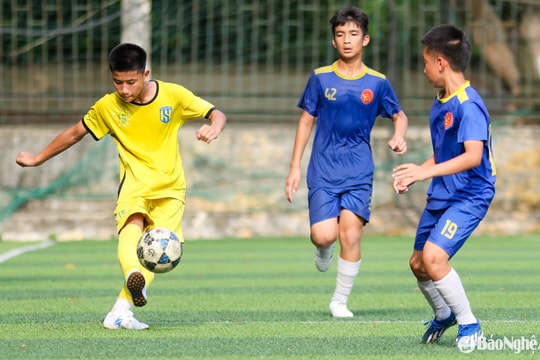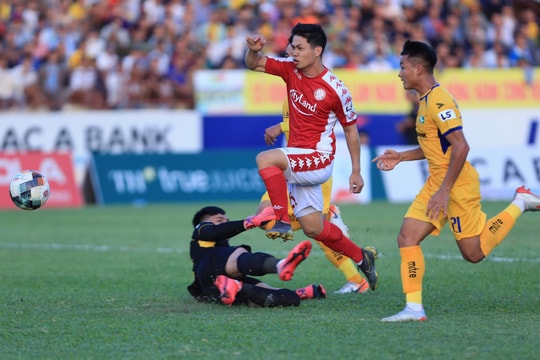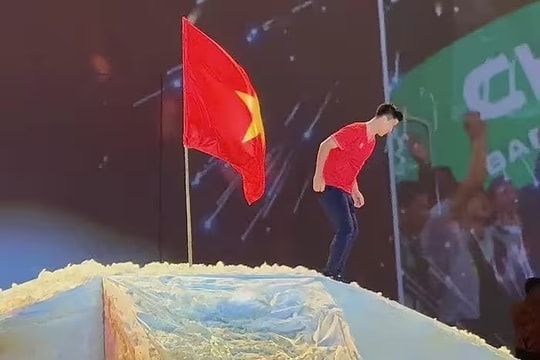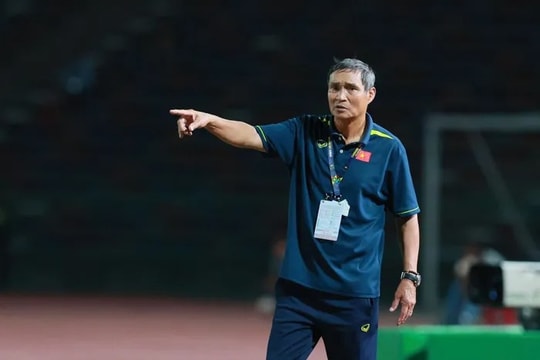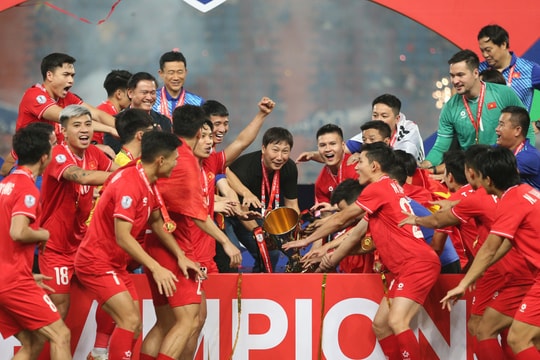What direction for Vietnamese football?
The 0-4 defeat to Malaysia in the 2027 Asian Cup Qualifiers was not just an accident, it was the most accurate reflection of the development of regional football and the uncertainty and lack of clarity in the direction of Vietnamese football.
Sadness of facilities
Former Japanese Technical Director – Hideaki Shoji of the ClubLam River Nghe AnOn the first day of coming to Vietnamese football, I had to admit that the infrastructure is the biggest obstacle preventing Vietnamese football from developing to its full potential. Then there are the factors of expertise, discipline…
Another coach, Velizar Popov, also frankly shared with the media: "Everything must start from the infrastructure, that is the first basic foundation, just like building a house, you must start from the foundation, not from the roof."
These are heartfelt and not new suggestions. A football foundation is not only reflected by the achievements of the National Team, but also the quality of the national championship, youth training and the internal strength of domestic clubs…
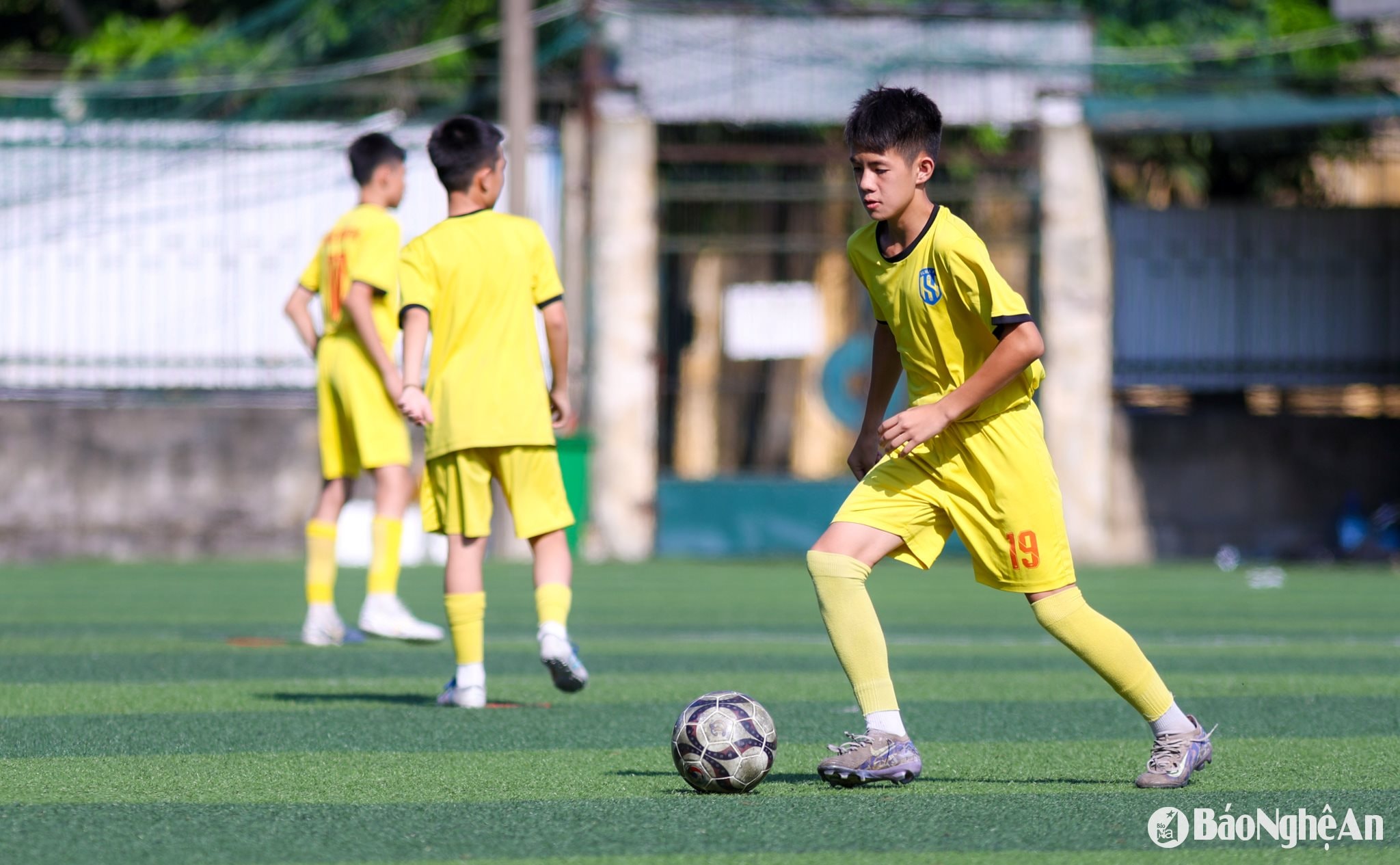
To develop youth football, in addition to issues of nutrition, physical fitness, and discipline that have not received due attention, the most lacking thing isVietnamese footballis the training ground. It is impossible to train football without a training ground. Even many professional football teams in V.League do not have a standard training ground, 2-3 clubs share 1 field. Obviously, that is a big paradox and disadvantage.
When the physical facilities are not met, it is of course impossible to develop school football, community football, and grassroots football to nurture and search for young talents in a region or on a national scale. Youth football in clubs and localities will develop unevenly.
Due to the lack of facilities, youth tournaments have difficulty finding hosts. There are too few playgrounds for young players to develop their talents. Facilities are also a condition for players to develop comprehensively in skills, tactics and other important factors to become a professional player.
What direction for Vietnamese football?
After the defeats against Indonesia and Malaysia, Vietnamese public opinion and fans have raised the question of whether Vietnamese football should follow the path of "naturalization" of other countries or follow the path of Japan, Korea, Uzbekistan...? Don't forget that Indonesia not only naturalized, their U17 team also just won a ticket to the World Cup.
Certainly, the Vietnam Football Federation will continue to pay attention and focus on finding overseas Vietnamese players in the near future. However, this is only a temporary and short-term solution, and at the same time, it requires a lot of funding from the clubs.
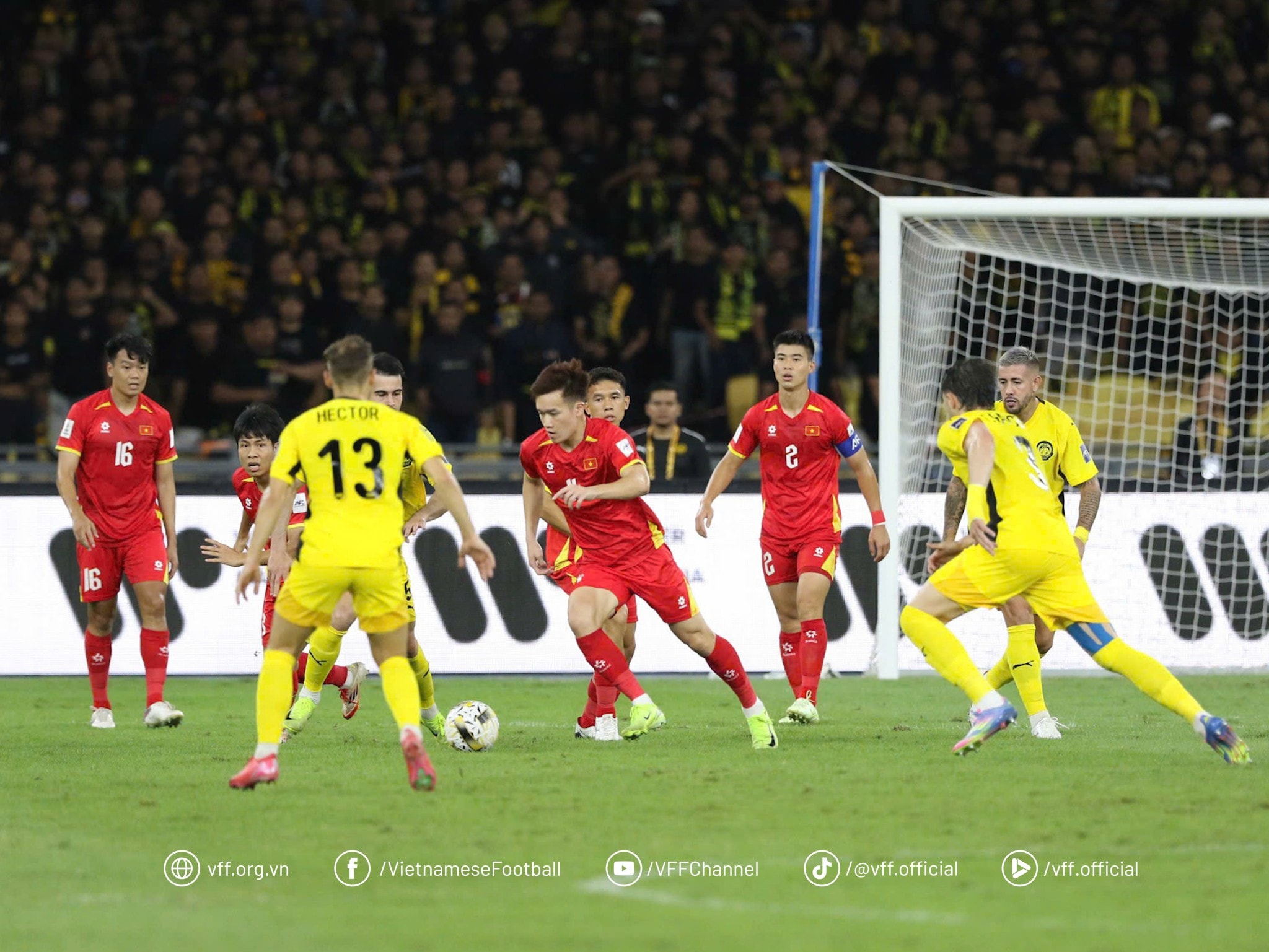
The current state of Vietnamese football is that many clubs do not focus on training young players, and some clubs do not even have a youth training center. Instead of searching for and training young football talents, teams such as Hanoi Police, Nam Dinh Steel Blue, Quy Nhon Binh Dinh… are prioritizing the purchase of players to bring more results.
Football nations like Korea, Japan… have chosen to follow the German model in particular and Europe in general for decades. If following this path, Vietnamese football must be really patient and accept the decline in performance for quite a long time. It may even have to sacrifice performance in regional tournaments such as the Asean Cup, SEA Games…
This is very difficult to do, because the pressure to perform at regional youth tournaments such as U23 Southeast Asia or SEA Games is very high. The clubs themselves, because of the pressure to perform, prioritize buying foreign players and recruiting players instead of choosing to train young players.
Vietnamese football not only needs a “revolution” but also needs to change the awareness and expectations of each audience. If it cannot improve facilities, focus on training, develop clubs as well as prioritize the development of the national championship, Vietnamese football will be left far behind by its rivals in the region./.

